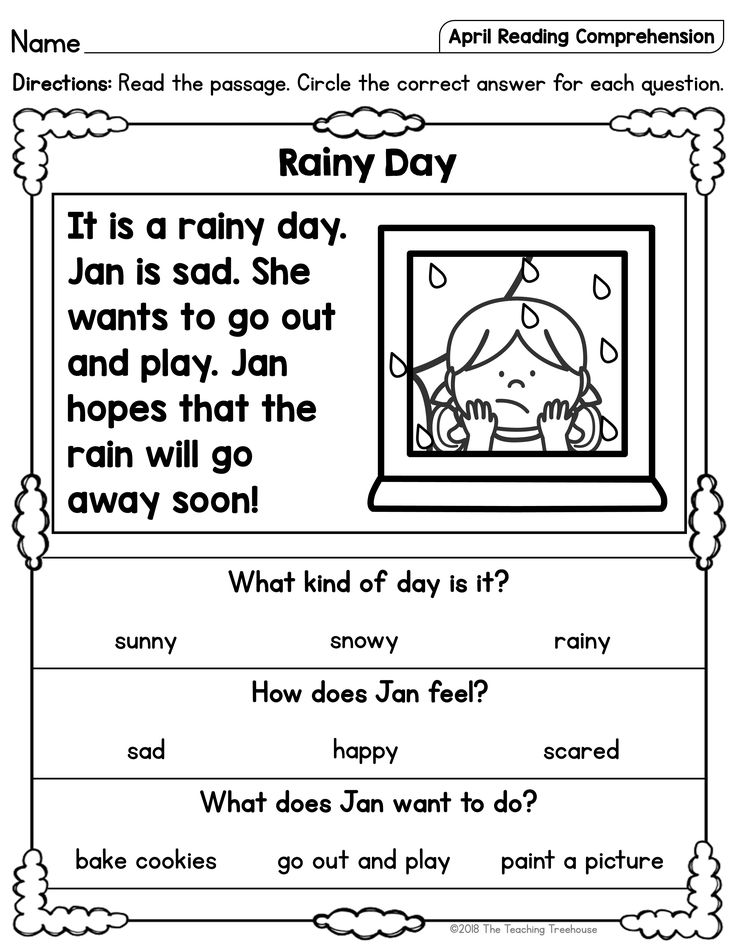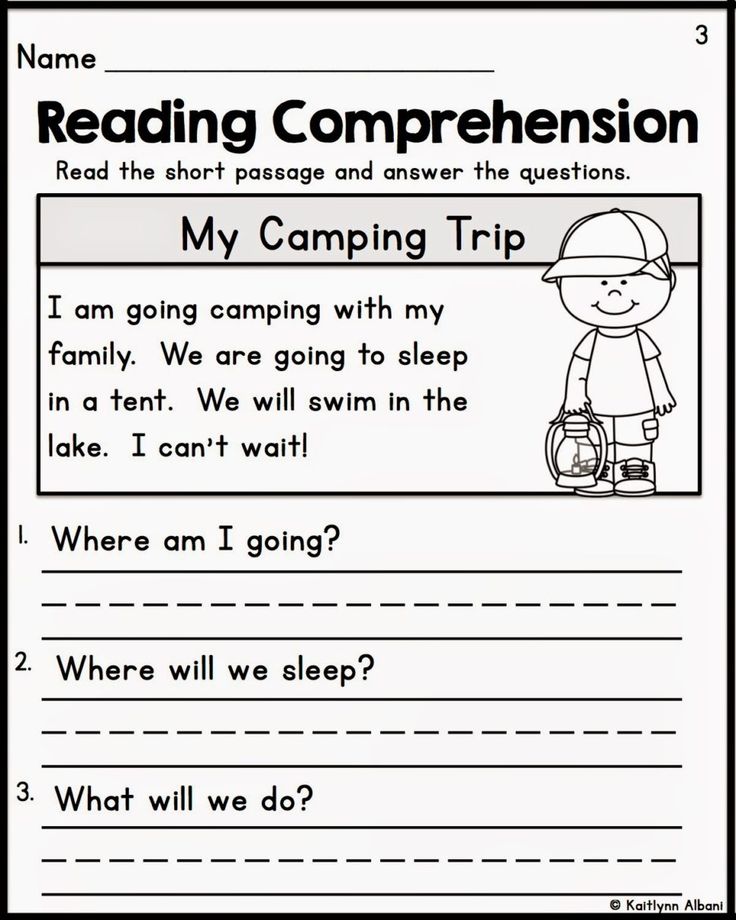Embracing the challenge
6 Strategies to Start Embracing Challenges
Do you embrace the challenges of life when they present themselves or do you feel like you want to run in the other direction? Throughout life, you’ll come across many struggles. There’s no skirting around it, challenges are inevitable.
Sometimes it can be very hard to remember that it’s not unusual for you to have challenges surface ever so often. While some are more intense than others the truth is they help to shape our essence.
What Does It Mean To Embrace Challenges
When we face difficult issues in life more often than not, we wish we could sidestep them. Embracing challenges means that when an unfamiliar and tough issue shows up in your life, you face it head-on determined to come out on top and not let it defeat you.
It’s important that you keep an open mindset during these times. Don’t look at them as difficult issues and try to avoid or run away from them. But instead, you accept and welcome these situations and make the most of them. When you do that it helps you to grow and make your life more meaningful.
How Do You Embrace Challenges In Life
Hopefully, this video will help you to understand how and why you need to embrace challenges.
When you have to deal with these really tough times you shouldn’t let them ruin your life. The important thing to remember is to check your attitude as well as your response to these setbacks when they present themselves.
Latch on to these strategies to help you plough through your challenges and get the upper hand.
1. D
ecide To Embrace Your ChallengeDecide to embrace your challenge when it shows up. Maintain a positive attitude.
Because, the fact of the matter is, how you handle these obstacles is everything. Having a positive attitude will make a significant difference in making the situation less terrifying.
Having a positive attitude will make a significant difference in making the situation less terrifying.
You tend to worry when confronted with tough times. You can easily feel vulnerable and confused. Perhaps you feel like you’re a victim. But the fact of the matter is you really can’t control life.
When you’re unsure of something or your situation. Don’t freak out or throw your hands in the air and give up. But use the opportunity to embrace the challenge.
The choice is yours to decide that you won’t become overpowered by the situation. Pivot and learn something from your current difficulties and in the process strengthen your resilience.
When you come face to face with your challenges, take charge, put your shoulders back and tackle them head-on.
Throwing in the towel is not an option. But be determined that you are going to beat them. This is the first step to slaying your giants.
2. Accept Being Uncomfortable
There are so many experiences in life that hurt so much at that particular point in time but end up being for a greater good.
Recognize, accept, and embrace your challenge even though it might feel overwhelming and the energy just doesn’t seem to be there. It can make you feel upset and distressed and even heart-rending.
From financial situations to loss, to natural disasters to facing your fears. It can all feel so uncomfortable such that you believe that everything is going berserk. But you end up feeling a whole lot better and stronger after you’re over the hump.
Don’t shy away from these challenges. One good thing to remember in those situations is that it will not last forever. You can face them head to head and conquer them.
3. Take It Slow
When you’re facing challenging situations it can be such an emotional roller coaster. One minute you can be full of hope and the next minute you can plunge into total confusion. And this can leave you feeling so exhausted.
Take it slow. Accept the situation for what it is. Don’t get too caught up in the stressful moments. Instead, take a slow, deep breath to calm and center yourself.
Instead, take a slow, deep breath to calm and center yourself.
It can be really easy at this point for the mind to start running to negative and ‘what if’ thinking.
To combat this, whether you need to pray, meditate, repeat positive affirmations, or mantras now is a good time. This is when you need to nurture your mindset the most.
It really doesn’t matter if you need to repeat it out loud or mentally. This will help you to relax, calm you down give you hope, comfort and peace.
Another crucial issue is that sometimes in difficult times we tend to forget to look after ourselves. But it is critical that you be kind to yourself. Take care of you. Eat healthy foods and include exercise in order to nourish the body.
4. Your Support Squad
Even though you might be feeling all types of feels-emotions all over the place, the truth is you don’t have to face your challenges alone.
It can make a world of difference when you have people surrounding you who are supportive. They are the ones who will help to hold you up during these difficult times. They’ll pick you up and motivate you.
They are the ones who will help to hold you up during these difficult times. They’ll pick you up and motivate you.
Having this support team will give you the push to rise above it and bulldoze your way through so that you can move past it.
The rewarding thing is that the role will be reversed when any one of your friends or family members – your support team are facing challenges.
You’ll be there for each other through the highs and lows of life. Both you and your support team will face the obstacles together. You’ll celebrate and encourage each other and celebrate your wins together.
5. Be Grateful For your Challenges
It might not sound practical for you to feel grateful for your challenges. But think about it. Embracing challenges and determine to stare them in the face and then tackle them headfirst and then defeating them strengthens you mentally.
For this reason, it, therefore, make you rock-solid and a tougher person to reckon with. There is no better feeling when you’ve faced a rough patch and come out on top.
There is no better feeling when you’ve faced a rough patch and come out on top.
6. Make Use Of Humour
Photo by Sincerely Media on UnsplashYou might not think that making use of humor when going through these rough patches is a good thing. But research has shown that laughter is an important part of our daily lives.
Why is it necessary? I’m sure that you can relate to the fact that humor is a stress reliever and a coping mechanism. It also helps to build connections with other people.
It is also a small act of defiance. We can’t control the situation but we can certainly add some humor to it. This takes the edge of your own fears. Watch funny movies or go to a comedy club or connect with friends and family and share a good laugh. Humor is powerful and has healing capabilities.
What Are The Benefits Of Facing Challenges?
You might see tough situations as negatives but I urge you to look at them from a different perspective. When you tough it out during those difficult times, these experiences can be one of the greatest teachers.
The benefits of facing challenges are numerous. These include:
- Helps you to practice gratitude.
- Strengthens you mentally.
- You learn to appreciate your achievements.
- More confident of your capabilities.
- Gets you better prepared to tackle difficult situations.
- Your personality will emerge.
- Helps you to be resourceful and innovative.
- Helps to build empathy and compassion.
Conclusion
Challenges are a natural part of life. Having these experiences teaches you a whole lot about life. The important thing to remember though, is that you can grow in the face of hardships.
Without having challenges you would not gain knowledge, grow, become a stronger person and carve your way to being your best self.
What difficulties are you facing right now? How do you deal with challenges in your life?
Success Comes to Those Who Embrace Challenge
Our personalities are malleable. We can reshape ourselves. We can change our beliefs and create new habits. We can even change our identities if we want to. If you’ve acted indecisively at work, you can learn to act decisively. If you’ve acted timidly during one-on-one meetings with your colleagues, you can learn to act assertively. If you’ve been awkward during networking events, you can learn to be poised.
We can change our beliefs and create new habits. We can even change our identities if we want to. If you’ve acted indecisively at work, you can learn to act decisively. If you’ve acted timidly during one-on-one meetings with your colleagues, you can learn to act assertively. If you’ve been awkward during networking events, you can learn to be poised.
Through her research, renowned psychologist Carol S. Dweck has found that success in any field—sports, business, your personal life—can be, “Dramatically influenced by how we think about our talents and abilities.”
She found two types of people in this world: those with a “fixed mindset,” who didn’t believe their abilities were capable of changing, and those with a “growth mindset,” who believed their abilities could be developed. Guess which group found greater success? I think you know the answer. Believing you can change how you show up on your field of play is crucial to successfully improving and growing. First think that change is possible. Then believe that you can reshape those moments of impact and achieve an entirely new result.
Then believe that you can reshape those moments of impact and achieve an entirely new result.
It all starts with embracing the challenge.
Embrace the Challenge
If there’s something that separates pros from amateurs in any domain of life, it’s the willingness to welcome obstacles and embrace challenges. Pros see them as a force that will make them stronger, sharpen their skills, and make them more valuable. If I know anything it’s that your world will challenge you, and if you face it with an openness and willingness to be challenged, then you’ll find yourself developing more of the next mindset.
Be Ready for Anything
When you have a willingness to be challenged, it opens up more of your mind so you can stay ready for anything. In sports, they call it active readiness. It keeps your mind open to creatively problem solve and helps you develop agility. If competition is your thing, it’s also super intimidating to your opponents. It’s hard for any bully to deal with a foe standing in front of it who says, “I’m ready for anything you’ve got!” That’s typically not a fight they want.
Be a Creative Force
The more you embrace challenges, and stay flexible, the more you free up the mental space to be creative. You were born pretending and make believing worlds in your head that don’t exist in reality. Then the grown-ups told you to, “Stop doing that,” “Don’t act that way,” or to, “Grow up.” But I say screw that. The “grown-ups” were wrong! Use your imagination and don’t keep it hidden. It’s a powerful tool that not only brings your best thinking to life, it unleashes your hidden superpowers. You can tell during brainstorm sessions and strategy meetings who has cultivated their imagination and those who haven’t.
Challenges Can Be Found In Play Too
My wife Sarah and I talk regularly about big, important things in our lives that matter to us—dreams and goals and pursuing worthy ideals. It’s only natural that we take this stuff seriously. It’s serious because the desire to achieve gnaws at us until we take action, but nobody says this can’t also be fun.
We love sports like surfing, climbing and mountain biking because they challenge and test us. These activities bring out our playful sides as well as competitive sides. After all, who doesn’t like to win? Games are also fun, even when they challenge us. The bottom line is I suspect the more playful you are, the more successful you’ll be in life! I can promise you that you’ll certainly enjoy the journey A LOT more.
Mindset is everything, so take steps toward embracing challenge and enjoy it!
How to make and receive FaceTime calls on iPhone
If you have an Apple ID and an internet connection, you can make and receive calls in the FaceTime app.
FaceTime must be set up to make and receive calls.
FaceTime calls can also be made using cellular data, which may incur additional charges. To turn this feature off, go to Settings > Cellular and turn off FaceTime. See View or change cellular data settings on iPhone. nine0003
Making a FaceTime call
-
In FaceTime, tap the button to make a new FaceTime call at the top of the screen.

-
Enter the name or number you want to call in the input field at the top of the screen, then tap to make a FaceTime video call or tap to make a FaceTime audio call (not available in all countries or regions ).
Either you can tap to open the Contacts app and add contacts from it, or tap a suggested contact in your call history to quickly make a call. nine0003
To see additional information during a FaceTime video call, rotate iPhone and use it in landscape orientation. See Change or lock iPhone screen orientation.
For how to call multiple people, see Make a group FaceTime call.
Answer a FaceTime call
When a FaceTime call comes in, tap one of the options below.
-
Answer the call. Drag the slider or tap Accept.
-
Reject the call. Tap Reject.
-
Set a reminder to call back. Tap Remind me.
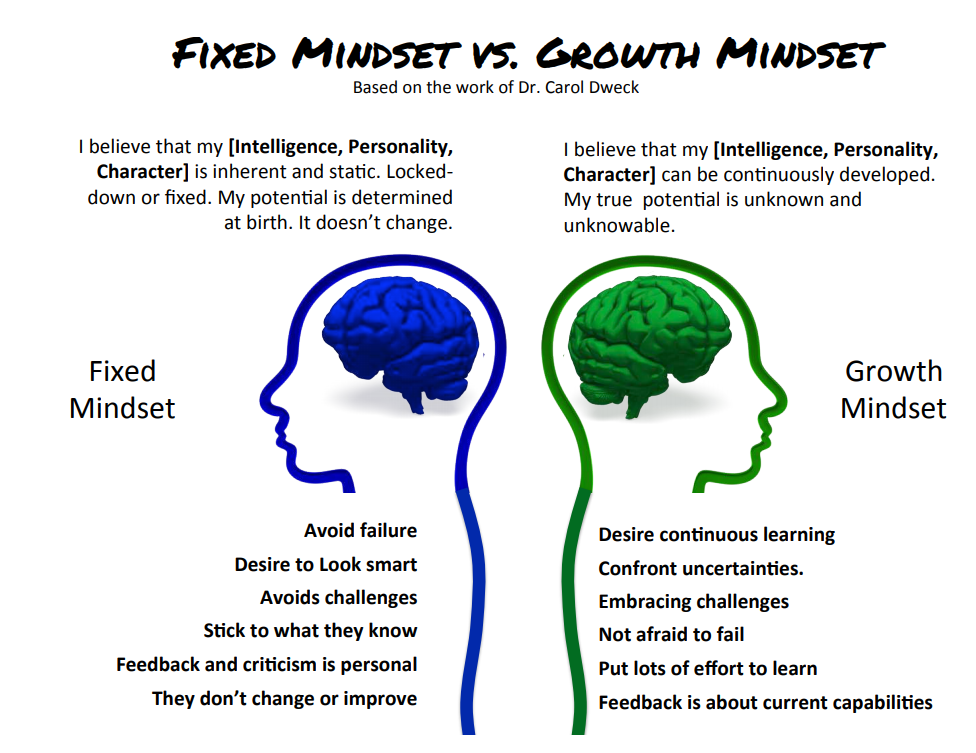
-
Send a text message to the caller. Tap Message.
If a FaceTime call comes in during another call instead of the Accept button option "End + answer" is displayed, which ends the previous call and connects you to the incoming call.
Siri can announce incoming calls and you can answer or reject them with a voice command.
Call FaceTime from a conversation in Messages.
You can make a FaceTime call while you're on a call in Messages.
-
Tap the button at the top right of the conversation screen in Messages. nine0003
-
Follow the steps below.
Leave a message
If the other person doesn't answer your FaceTime call, do one of the following:
-
Tap Leave Message.
-
Tap Cancel.
-
Tap Call Back.
How to call back
In the call history, touch the name or number of the person (or group) you want to call back.:no_upscale()/cdn.vox-cdn.com/uploads/chorus_asset/file/9436109/Screen_Shot_2017_10_10_at_10.27.38_PM.png) nine0003
nine0003
Delete a call from your call history
In FaceTime, swipe left on a call entry in your call history, then tap Delete.
See also Enable closed captioning for a FaceTime call on iPhone
Take the call and be happier
My daughter used to collect stamps as a child. Once a week we went to the store, and I would ask her to choose any three. The girl walked along the shop windows for a long time, looking closely, remembering which ones she already had, and in the end she chose the next trinity. Returning home, she carefully examined the purchased stamps and swapped the old ones so that the newly created combination was the most beautiful. nine0003
Arranging them in the album, she asked what they depicted, and this was a serious task for us: to find out what kind of building or landscape it was, to explain how this or that person deserved this honor - to be placed on a stamp. So collecting has become an exciting activity for the whole family.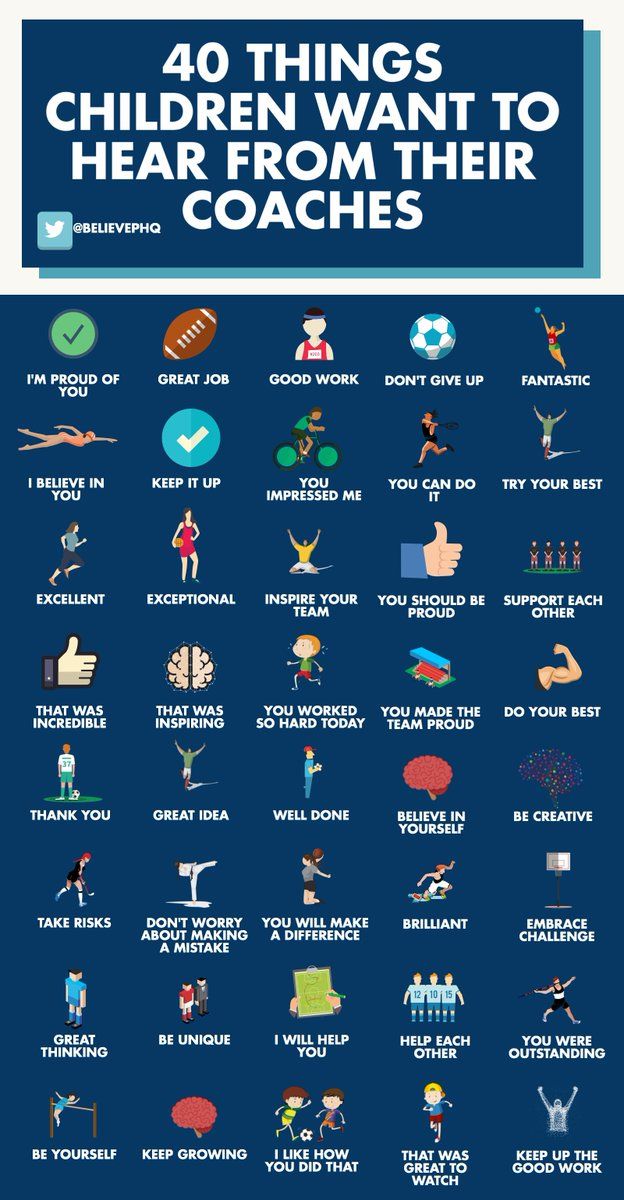 But for the daughter, the selection process was especially important and responsible - it depended only on her, and she took it very seriously.
But for the daughter, the selection process was especially important and responsible - it depended only on her, and she took it very seriously.
One day my old friend visited us, and my daughter proudly showed him her rather large collection. A friend, slapping his forehead, suddenly exclaimed: “But my daughter also collected stamps, and she has four large albums that she no longer needs - I will give them to you!” – and in a couple of days brought these albums. nine0003
In the first days, my daughter was delighted and constantly flipped through them. But when it came time to go for the next three brands, I did not notice her former enthusiasm. The richness of the new albums overshadowed everything - what are three more brands compared to the hundreds that she already owns! Soon she stopped flipping through the albums - both received as a gift and her own, and put them on the far shelf, completely cooling off for this occupation. What happened?
The main thing for my daughter in the process of collecting was not the increase in the number of stamps, but the very process of their selection and subsequent combination, which was all provided to her.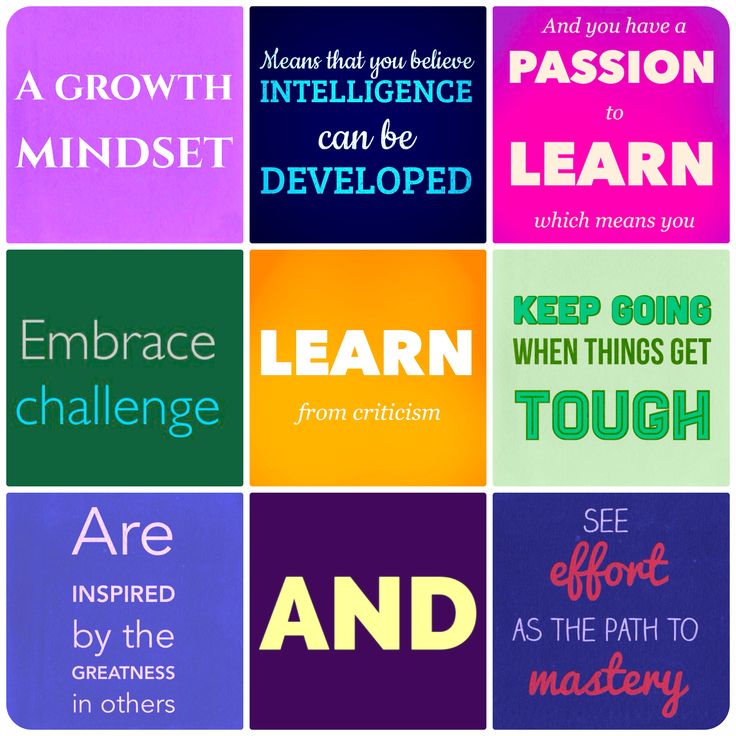 She and she alone had to choose from many possibilities, mentally imagine what she liked best and in what combination. It was creativity, a search that mobilized the imagination and at the same time increased self-awareness - after all, "I create all this." Perhaps I felt it intuitively, which is why I bought only three brands each time ... My daughter was inspired by the fact that she opened up new opportunities. And the sudden acquisition of four albums turned her from a creator into an heiress, into the owner of the finished one. nine0003
She and she alone had to choose from many possibilities, mentally imagine what she liked best and in what combination. It was creativity, a search that mobilized the imagination and at the same time increased self-awareness - after all, "I create all this." Perhaps I felt it intuitively, which is why I bought only three brands each time ... My daughter was inspired by the fact that she opened up new opportunities. And the sudden acquisition of four albums turned her from a creator into an heiress, into the owner of the finished one. nine0003
It is the ability to overcome and interest in tasks that cannot be solved immediately that are most important in the process of both learning and life
Often parents cannot overcome their desire to give their children everything they want, to provide them with ready-made solutions. However, without enthusiasm from the possibility of one's own choice and its active implementation, existence in the adult world (where nothing is brought to you on a plate) is difficult. And if the child is very unlucky (I didn’t make a reservation - it’s just unlucky) and he gets what he wants without effort (and not only in childhood), it will end very badly for him. nine0003
And if the child is very unlucky (I didn’t make a reservation - it’s just unlucky) and he gets what he wants without effort (and not only in childhood), it will end very badly for him. nine0003
If the need for initiative and active search does not find application and fades away, the person will either become an asocial person, realizing his activity in a destructive direction, or fall ill. There is an inverse relationship between active search behavior and health: search with elements of risk is needed to cope with life's difficulties, this requires large resources from the body, and search activity itself increases them.
The problem of school performance is also connected with this. Parents often turn to me, surprised that their child, who has already discovered his abilities and so easily, almost playfully, without spending time and effort, studied in the elementary grades, grasping everything on the fly, suddenly began to lag behind in the senior classes. And that's why he began to lag behind, because earlier he did not need any efforts, and he did not develop readiness and interest in overcoming, in challenging. It is the ability to overcome and interest in tasks that cannot be solved immediately that are most important in the process of both learning and life. The desire of parents to make the life of the child as comfortable as possible and give him everything ready-made does not give him the opportunity to prove himself, to prove to himself that he is capable of something. nine0003
It is the ability to overcome and interest in tasks that cannot be solved immediately that are most important in the process of both learning and life. The desire of parents to make the life of the child as comfortable as possible and give him everything ready-made does not give him the opportunity to prove himself, to prove to himself that he is capable of something. nine0003
High school education is no longer spontaneous childish creativity, it requires concentration and the ability to change strategies. The lack of experience of personal initiative, personal choice from various possibilities can paralyze the will of a teenager, who is used to receiving everything as a gift from life, a gift for talent that has fallen from heaven. Therefore, one should not admire this as a sign of genius, but encourage the emergence of interests and activities in him, corresponding to the level of his giftedness. And he should be praised not for the amazing ease of the decision, but for the efforts made.








